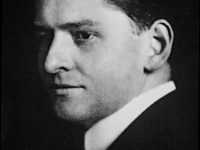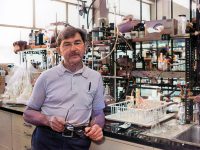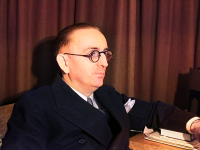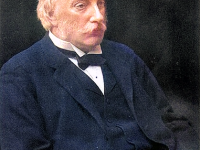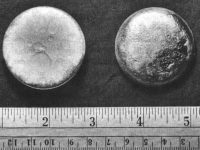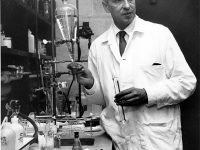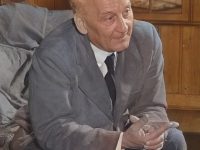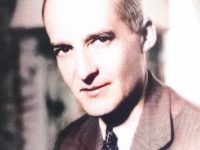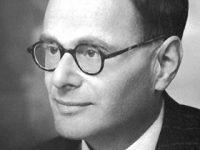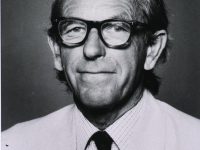Richard Kuhn and his Work on Carotinoids and Vitamins
On December 3, 1900, Austrian-German biochemist Richard Johann Kuhn was born. Kuhn was awarded the Nobel Prize in Chemistry in 1938 “for his work on carotenoids and vitamins“. Kuhn is also credited with the discovery of the deadly nerve agent Soman in 1944. Early Years Richard Kuhn was born in Vienna, Austria, where he also attended elementary school and the Döblinger Gymnasium. From 1910 to 1918 he attended the same classes as the…
Read more

